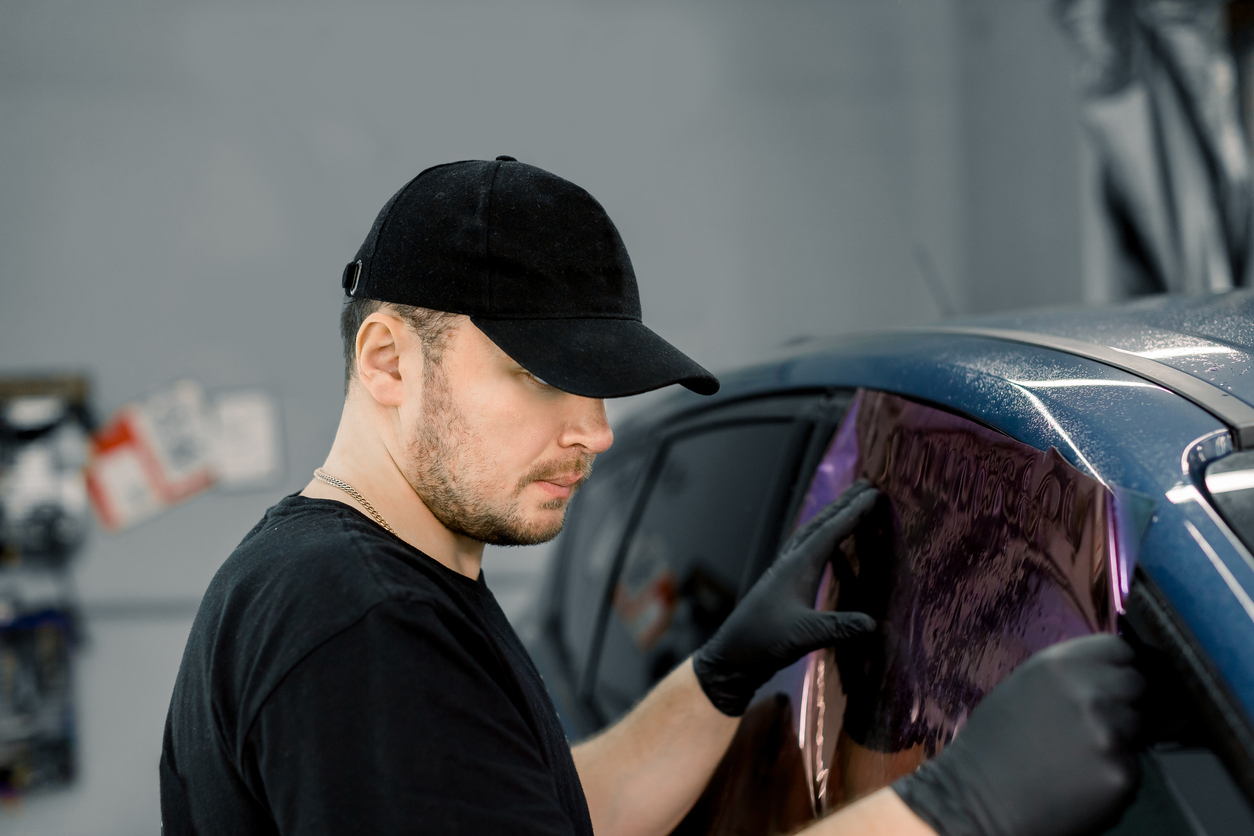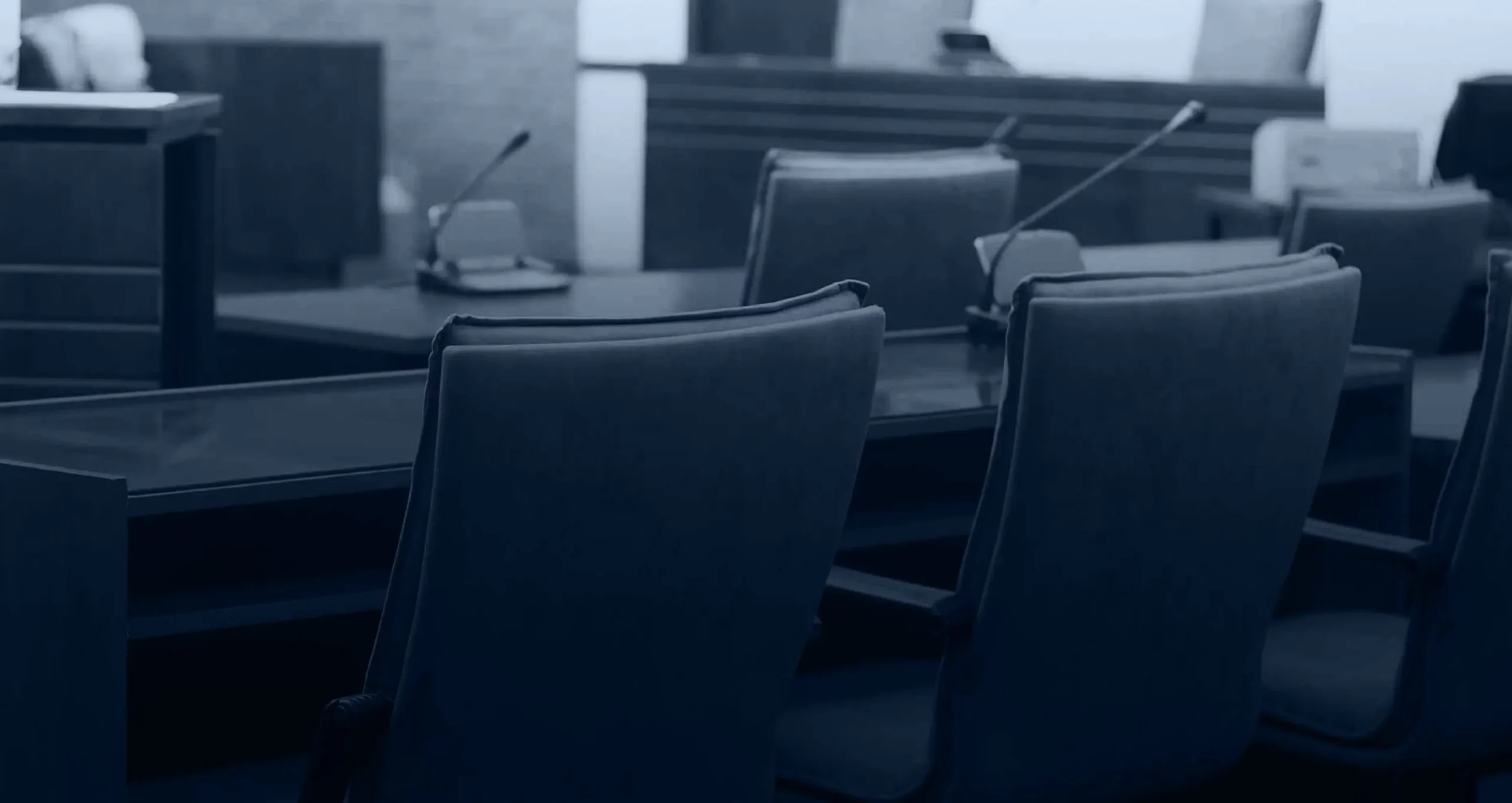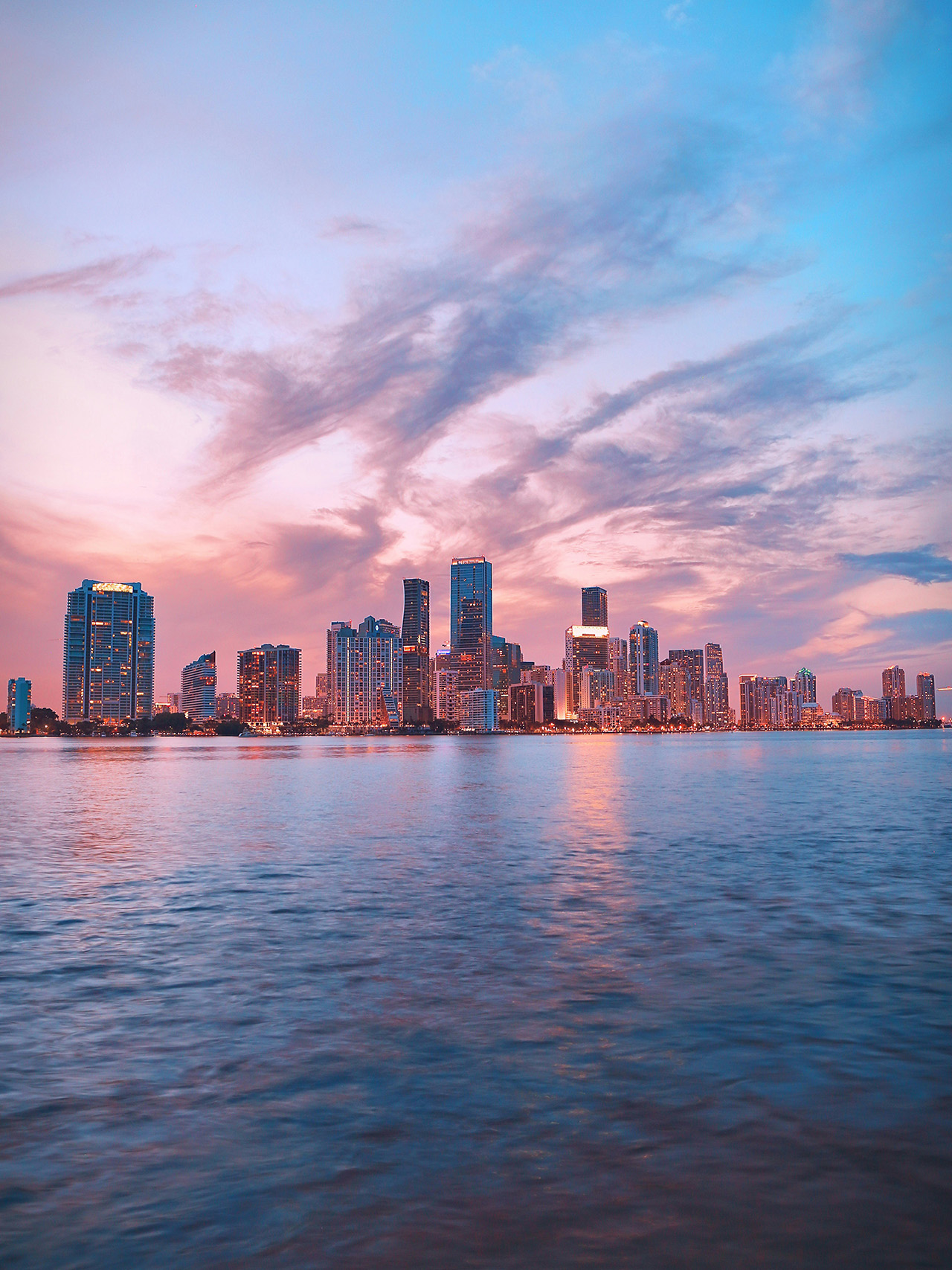Window tint laws in Florida are designed to balance driver comfort with public safety. The state allows drivers to tint their windows, but only up to a certain level. If your tint is too dark, you could face fines, be ordered to remove the tint, or even fail a vehicle inspection.
Florida window tinting laws apply to both private vehicles and commercial vehicles. These laws cover the darkness of the tint, how reflective it can be, and which windows may be tinted. Understanding these rules helps you avoid trouble and ensures you stay in compliance with Florida tint law.
What Is Legal Tint in Florida?
Florida measures tint darkness by Visible Light Transmission (VLT), which is the percentage of light allowed to pass through the window. The lower the VLT, the darker the tint.
For passenger cars, Florida law requires:
- Front side windows: Must allow more than 28% of light in
- Back side windows: Must allow more than 15% of light in
- Rear window: Must allow more than 15% of light in
- Windshield: Tinting allowed only above the AS-1 line (a mark set by the manufacturer), and must be non-reflective
For SUVs and vans:
- Front side windows: Must allow more than 28% of light in
- Back side windows and rear window: Any darkness is permitted
- Windshield: Same AS-1 line rule applies
Make sure to check if your vehicle class is considered a multi-purpose vehicle (MPV), because the rules vary slightly.
What About Tint Reflectivity?
Florida also limits how reflective your tint can be. Reflective tints are sometimes used to reduce glare and heat, but too much reflectivity can be unsafe.
Under updated Florida window tinting laws:
- Front side windows: Cannot be more than 25% reflective
- Back side windows: Cannot be more than 35% reflective
Mirror-like tints and coatings that create a metallic or mirrored appearance are prohibited.
Are There Any Exemptions?
Florida allows medical exemptions for individuals with conditions that require protection from sunlight. Some qualifying conditions may include:
- Lupus
- Albinism
- Photosensitivity
- Skin cancers or pre-cancerous conditions
To qualify, you must apply through the Florida Department of Highway Safety and Motor Vehicles (FLHSMV) and carry proof of exemption in your vehicle.
Law enforcement and official government vehicles may also have darker tints than allowed for the general public.
Do You Need a Tint Sticker?
Florida law requires that all tinted vehicles carry a sticker that certifies the film complies with legal standards. This sticker must be placed on the inside of the driver’s side door jamb. If you get your tint done by a licensed installer, they should automatically include this sticker.
If you’re pulled over and don’t have a tint sticker, it could raise suspicion about whether your tint is legal.
What Are the Penalties for Illegal Window Tint in Florida?
Driving with illegal tint in Florida is considered a noncriminal traffic infraction. However, that doesn’t mean it’s a minor issue. Penalties can include:
- Fines (typically around $100 but may vary by county)
- Mandatory removal of the tint
- Repeated violations could result in higher fines or vehicle inspection issues
If your window tint is found to violate Florida tint law, you may also have trouble with vehicle registration renewals or inspections.
How To Check if Your Tint Is Legal
The most accurate way to check your tint is with a tint meter, which measures the VLT. Police officers use these tools during traffic stops to measure compliance. If you want to avoid surprises:
- Ask your installer to confirm VLT and reflectivity levels
- Keep your tint documentation and exemption papers (if applicable)
- Make sure your tint installer provides the required certification sticker
DIY tint kits may not be reliable and can result in illegal tint even if you follow the instructions.
Following Window Tint Laws in Florida
Florida window tint laws let you block out heat and glare, but only within legal limits. Whether you drive a sedan, SUV, or commercial vehicle, it’s important to understand what counts as legal tint in Florida. Stay compliant by following VLT and reflectivity rules, getting your certification sticker, and checking if you qualify for a medical exemption.
Following the rules now can save you from fines and frustration later. If you have questions or concerns, contact Zayed Law Offices Personal Injury Attorneys to schedule a free consultation with a Florida personal injury lawyer.
We proudly serve Miami-Dade County and its surrounding areas:
Zayed Law Offices Personal Injury Attorneys
169 E Flagler St Suite 1639, Miami, FL 33131
Phone: (305) 916-6455
Hours: Open 24/7
Our firm is located near you. Find us with our GeoCoordinates: 25.7745507, -80.1906096













